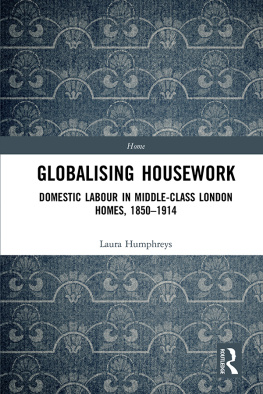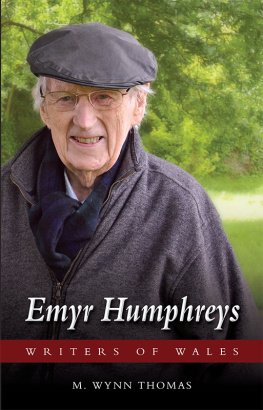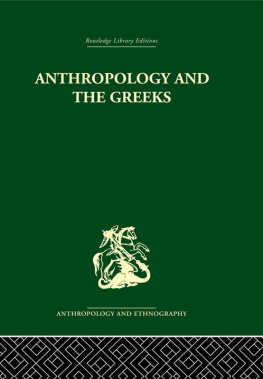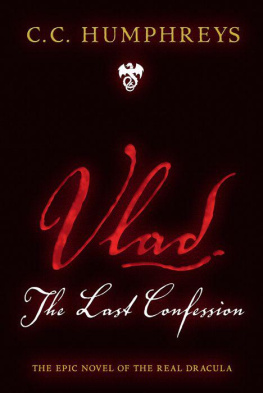STUDIES IN THE MIDDLE WAY
STUDIES
IN THE
MIDDLE WAY
Being Thoughts on
Buddhism Applied
CHRISTMAS HUMPHREYS
Curzon Press Ltd. 1994
Curzon Press Ltd.
St Johns Studios
Church Road
Richmond
Surrey TW9 2QA
First published 1984
ISBN 0 7007 0171 0
All rights reserved
The Buddhist Society 1984
British Library Cataloguing-in-Publication Data
A CIP record for this book is available from the British Library
TO H. P. BLAVATSKY
Who once more held the Light aloft
that all with open eyes might see
The Answer
Now sound the foolish drums of war,
And muted deaths autumnal song
Wails in a darkened sky.
Now fall the severed reins of law,
And mercy, forfeit to the strong,
Echoes the hearts unuttered cry,
Lest many millioned right should die
To prove a madmans wrong;
While reason in the eagles claw
And truth before a closed door
Demand, unanswered, why.
Only the All-Compassionate,
Hater alone of human hate,
Enlightened makes reply.
THESE essays, written at different times and in different moods, are the outcome of experience in a field of thought which, curiously enough in a world which is overfull of isms and ologies, bears as yet no name. Including, as it does, religion, philosophy, mysticism, metaphysics, psychology and ethics, it may be described in the vague though useful phrase, the Inner Life. This, however, has two distinct though complementary meanings: the introverted life of contemplation and the extravert life of action in the world of men. These essays, being written for the West rather than for the East, deliberately stress the latter point of view, emphasizing the inner life as a constant moving on and the mover as a pilgrim travelling an ancient Way.
This Way, described in every religion and alluded to in every system of thought which deals with man, is a movement between those pairs of opposites which seem to divide in two a Reality which is in essence One. This road to union was, therefore, called by Gautama the Buddha the Middle Way, which leads, as the Lama said in Kim, from desire to peace. Yet Buddhism has no monopoly of Truth, for it is but a branch, though a mighty branch, of a Tree of Wisdom which antedates all known religions and will outlive them all. Its principles are to be found in Brahmanism and in the Tao T Ching, in the wisdom of Persia, and in the Egyptian Book of the Dead, while in living memory Mme Blavatsky, in The Secret Doctrine and The Voice of the Silence, has offered the most complete compendium of the Wisdom which has yet been placed before the public eye.
It follows that these essays are not described by calling them Buddhism, or Theosophy, or any other name, for they spring from the authors experience and not from the textbooks of any one philosophy, nor, indeed, from a selective reading of them all. They therefore have no validity, much less authority, for anyone who does not for himself apply their principles, and find them to be true. No man can offer another more than a record of his own experience, and he who has not learnt to read these records with his inner eye will read in vain. There is therefore no apology for lack of authority for statements made, nor for illogical non sequitur, nor even for what to the reason appear as obvious discrepancies. These may be stumbling blocks to the marching boots of the intellect, but to the dancing feet of the intuition no more hindrance than a rainbow to the sun.
Much has been written in recent years on the inner life, and emphasis has therefore here been laid on principles and doctrines less well known than those, such as Karma and Rebirth, with which the Theosophical and Buddhist movements in the West have made most thinking men familiar.
I am grateful to the editors of Buddhism in England, the Canadian Theosophist, the Maha Bodhi Journal, the Theosophical Forum, and the Review of Religions for permission to reprint some of these essays, and to Miss Clare Cameron, the editor of Buddhism in England, for her able assistance in preparing this work for the press.
April, 1940
SINCE this work was first published, Buddhism in Europe has expanded considerably; in the number of its schools represented, in the volume of works on the subject published, in the range of Buddhist organizations founded in various countries, and in the arrival of the Sangha, the Buddhist Order.
The history of this development may be found in my Sixty Years of Buddhism in England (1968). Suffice it here to say that it was the Theravada, the oldest surviving school of Buddhism, to be found in Ceylon, Burma and Thailand, which dominated the scene until 1927, when Dr. D. T. Suzukis Essays in Zen Buddhism opened our eyes to the glories of the Mahayana schools of China, and above all the Rinzai Zen school of Japan. The vast range of metaphysics, mysticism, philosophy, psychology, morality and art to be found in these has hardly begun to be realised.
The Sinhalese, pioneer missionaries of their school for the last hundred years, opened a Vihara, or monastic centre, in London in 1925, led by that famous figure, the Anagarika Dharmapala, but this was closed down at the outbreak of the war. After the war, Thailand followed suit with the present large Vihara in East Sheen, opened in 1966, while that of the Sinhalese was moved from Knightsbridge to Chiswick. Soon after the tragedy of Tibet in 1959, Tibetan monasteries were opened in various parts of Europe, and a Soto Zen centre in the North of England. In London, Dr. Irmgard Schloegl is preparing the way for a Zen centre with her class at the Buddhist Society in Rinzai Zen training in which, after twelve years study in Japan, she is a qualified Teacher. To these must be added the interesting experiment founded by the Ven. Sangharakshita of the Western Buddhist Order, an attempt to apply Eastern monastic ideals to Western life.
For all these monastic bases, and the increasing number of independent Buddhist societies, large and small, springing up in the British Isles, the Buddhist Society, founded in 1924, is the Centre, open to all schools and all branches of the Sangha, and providing lectures, classes and books on every aspect of the field of Buddhism required.
Much of this new material found its way into the third edition of this work published in 1959, but this fourth edition still stands, it is claimed, as a sound description of the principles of what may be fairly claimed as Basic Buddhism, which is bound to be the doctrine of no one school. The Western mood of the day is to replace an outward God or Saviour with inward awareness, and dogma of any kind with actual experience. This experience comes, it seems, in the course of study, meditation and the application of the principles so digested to the littlest detail of the daily round.
I therefore offer this volume again as the fruits of my own experience, at the service of those who find these ideas of value on the same well-tested Middle Way.
London, 1976
Preface to the Fifth Edition
This new edition in paperback is virtually identical with the Fourth Edition in which the text achieved its final form as approved by the author. A few minor corrections by the author have been incorporated in the present text.
London, 1984
I
The Branches of the Tree













